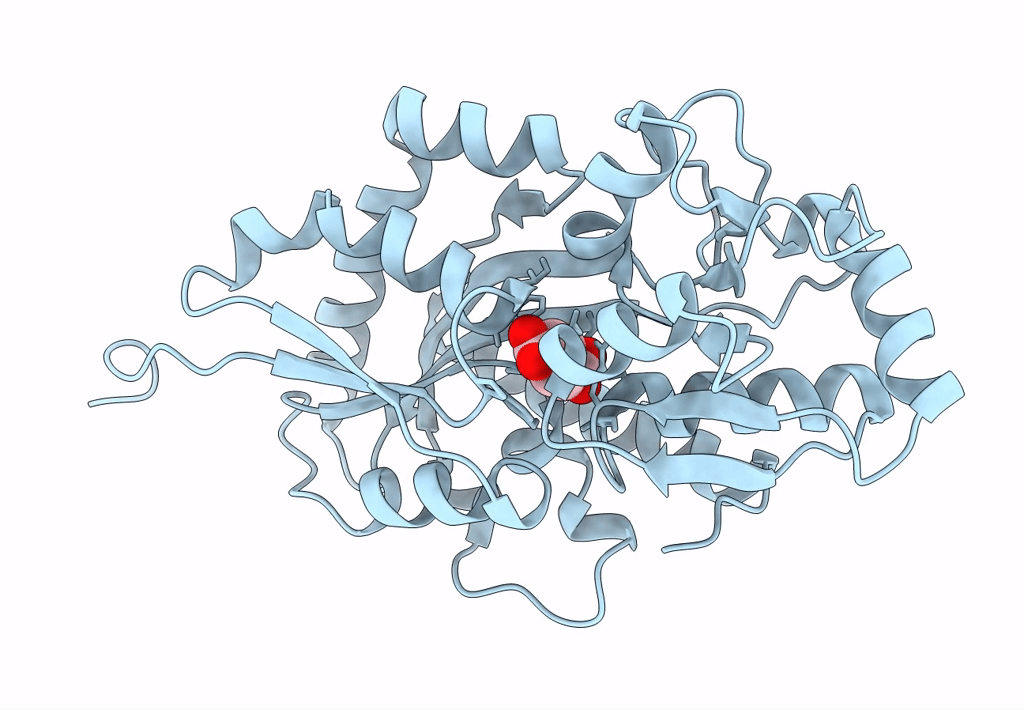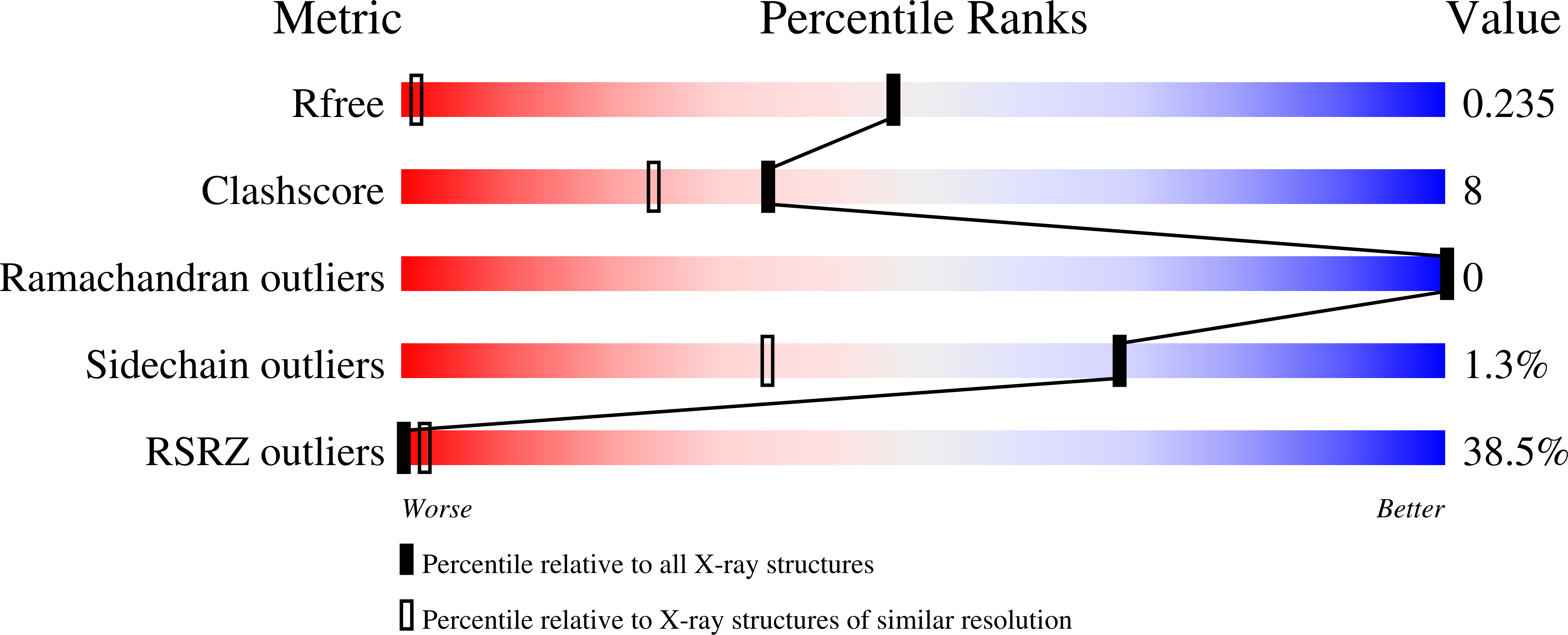
Deposition Date
2022-11-25
Release Date
2023-06-21
Last Version Date
2024-05-22
Entry Detail
PDB ID:
8HKA
Keywords:
Title:
TPA bound-form of Periplasmic terephthalate binding protein (TBP) from Ideonella sakaiensis
Biological Source:
Source Organism(s):
Ideonella sakaiensis (Taxon ID: 1547922)
Expression System(s):
Method Details:
Experimental Method:
Resolution:
1.02 Å
R-Value Free:
0.22
R-Value Work:
0.20
R-Value Observed:
0.20
Space Group:
P 1 21 1


